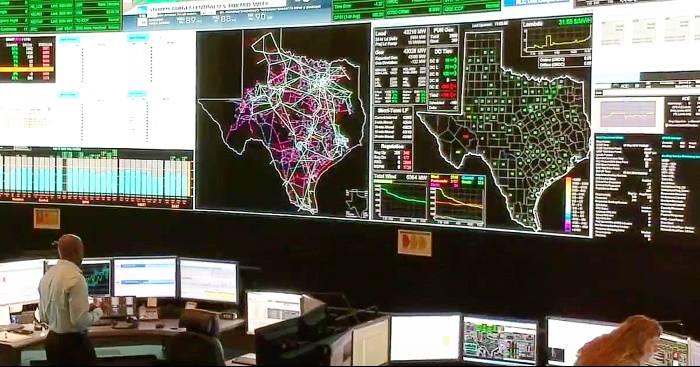Texas: The Energy-Only Bias
So far, no electricity market is able to completely avoid blackouts due to insufficient capacity. That means some mechanism must decide the extent of blackouts that will be accepted. There are two
Make Econ Scientific
So far, no electricity market is able to completely avoid blackouts due to insufficient capacity. That means some mechanism must decide the extent of blackouts that will be accepted. There are two

Massive blackouts in TX raise two questions: Was in wind — does climate policy threaten America? And was it free-wheeling TX regulation?
A Reciprocal Voluntary Agreement Back to Post #1 Feb 1, 2021 — In the prior post, I concluded that the UN climate game, since the signing of the Kyoto accord, has been
First in a series on new climate-cooperation experiments — Why We Need to Change the Climate Game
I’ve been curious about thorium for years. Now, Andrew Yang proposes to spend $50 billion researching thorium molten salt reactors by 2025.
Game theory assumes sociopathic players. That leads to cooperation failures in repeated games. Except it doesn’t. Not unless the players also know for sure that the other players are too.
Here’s a fun interview with Freeman Dyson, the guy that explained Richard Feynman to the world (and improved his math). He also recently discovered some very interesting new properties of repeated prisoner-dilemma games.
In January 2015 History is the key In 1980, the Saudi’s oil minister, Yamani, warned OPEC it was trying to keep the price too high. They didn’t listen, and all agreed to
Climate negotiations are a sort of prisoner’s dilemma, so we need to find a way to change the game or change the outcome of a prisoner’s dilemma. Douglas Hofstadter (of Scientific American
Chimps and people subscribe to similar codes of honor. It’s been built in for 7 million years, and it may be just what we need to enforce a cooperative climate treaty.
Table of Contents